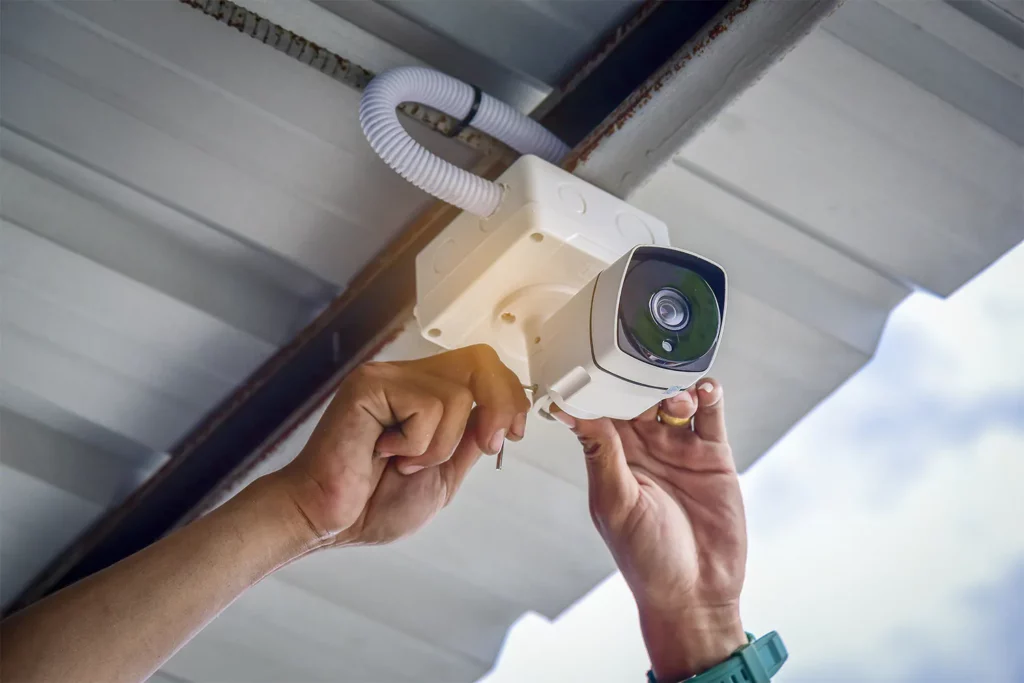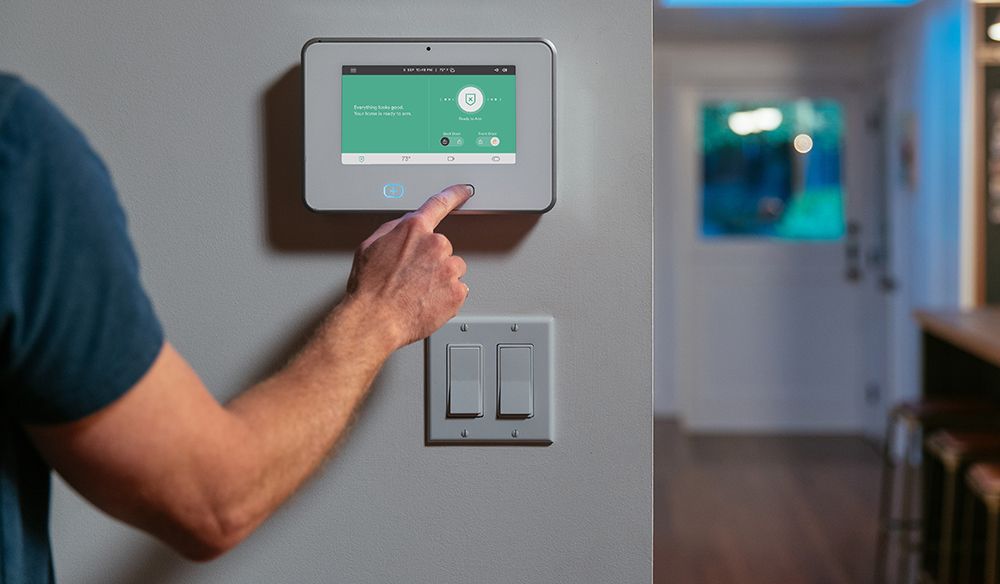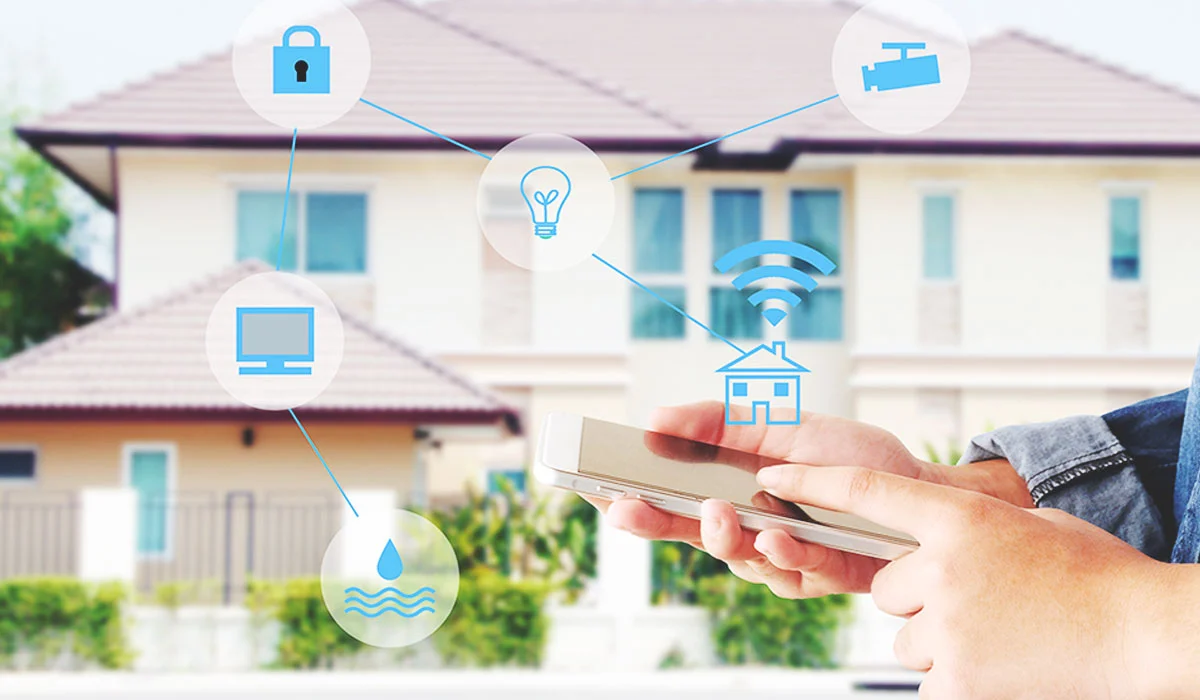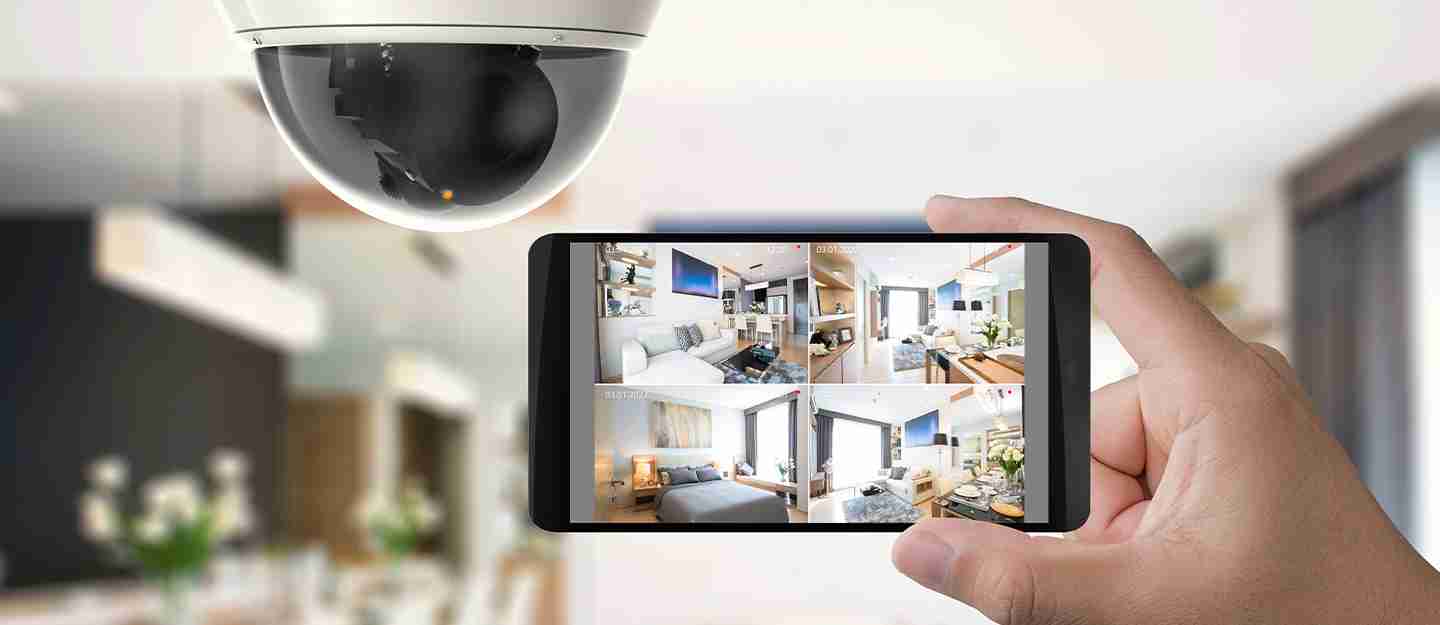In an age where safety and security are paramount, understanding the essentials of a home security system is crucial. With the rise in crime rates and the increasing sophistication of burglars, investing in a reliable security system is no longer a luxury but a necessity. This article will delve into the core features that every effective home security system should possess, ensuring that homeowners can make informed decisions when safeguarding their properties.
Understanding Home Security Systems
A home security system is designed to protect your property from intruders and other threats. It typically includes a combination of hardware and software that work together to monitor and secure your home. From alarms to surveillance cameras, the components of a security system can vary widely, but certain features are fundamental to ensuring comprehensive protection.
Types of Security Systems
There are various types of home security systems available, each offering different levels of protection. Traditional systems often rely on wired connections, while modern options may utilise wireless technology for easier installation and flexibility. Some systems are monitored by professional security companies, while others allow homeowners to manage their security independently through mobile apps.
Choosing the right type of system depends on individual needs, the size of the property, and the level of security desired. Homeowners should evaluate their specific circumstances to determine which system best suits their requirements.
In addition to the basic components, many security systems now come with advanced features such as motion detectors, smart locks, and environmental sensors that can detect smoke or carbon monoxide. These enhancements not only bolster security but also contribute to the overall safety of the home. For instance, smart locks can be controlled remotely, allowing homeowners to grant access to trusted visitors even when they are not at home, while motion detectors can send instant alerts to your smartphone if unusual activity is detected.
Furthermore, the integration of home automation technology with security systems has revolutionised the way we protect our homes. Systems can now be linked to other smart devices, such as lights and thermostats, enabling homeowners to create a comprehensive smart home environment. For example, you could programme your lights to turn on automatically when the security system is triggered, thereby deterring potential intruders. This level of interconnectedness not only enhances security but also promotes energy efficiency and convenience, making modern home security systems a vital aspect of contemporary living.
Core Features of Home Security Systems
When selecting a home security system, it is essential to consider several key features that can significantly enhance the overall effectiveness of the system. Understanding these features will help in making a well-informed decision.
1. Intrusion Detection
One of the primary functions of a home security system is to detect unauthorised entry. This can be achieved through various sensors, including door and window contacts, motion detectors, and glass break sensors. These devices work together to create a comprehensive network that alerts homeowners to potential intrusions.
Door and window sensors are particularly effective, as they trigger an alarm when a door or window is opened without disarming the system. Motion detectors, on the other hand, monitor movement within a specified area and can differentiate between humans and pets, reducing false alarms.
2. Surveillance Cameras
Surveillance cameras are an integral part of any modern home security system. They provide real-time monitoring and can record footage for later review. With advancements in technology, many cameras now offer high-definition video, night vision capabilities, and even motion-activated recording.
Homeowners can choose between indoor and outdoor cameras, depending on their specific needs. Outdoor cameras are designed to withstand various weather conditions and can deter potential intruders, while indoor cameras offer peace of mind by allowing homeowners to monitor their property when they are away.
3. Alarm Systems
Alarm systems are perhaps the most recognisable feature of home security systems. A loud alarm can deter intruders and alert neighbours to suspicious activity. Most alarm systems can be customised to suit individual preferences, with options for different types of alerts, such as sirens, flashing lights, or notifications sent directly to a smartphone.
Many modern alarm systems also integrate with other home automation devices, allowing homeowners to control their security system remotely. This level of integration enhances convenience and ensures that homeowners can respond quickly to any potential threats.
Additional Features to Consider
While the core features mentioned above are essential, several additional functionalities can further enhance a home security system. These features can provide added layers of protection and convenience.

Smart Home Integration
As smart home technology continues to evolve, many security systems now offer integration with smart devices. This allows homeowners to control their security system alongside other devices, such as smart lights, thermostats, and locks, all from a single app. Such integration can enhance security by enabling automated routines, such as turning on lights when a security camera detects movement. Learn more about transform your space with innovative home security solutions.
Moreover, smart home integration can provide real-time alerts and notifications, ensuring homeowners are always informed about the status of their property, regardless of their location.
Remote Monitoring
Remote monitoring capabilities are a significant advantage of modern home security systems. Homeowners can access live feeds from their surveillance cameras and receive notifications about security events directly on their smartphones. This allows for immediate action in case of an emergency, whether it’s contacting authorities or checking on the property remotely.
Some systems even offer cloud storage for recorded footage, enabling homeowners to review past events and maintain a comprehensive record of their security history.
Environmental Monitoring
In addition to protecting against intruders, many home security systems now include environmental monitoring features. These can detect hazards such as smoke, carbon monoxide, and water leaks. By integrating these sensors into the security system, homeowners can receive alerts about potential dangers, ensuring safety beyond just criminal activity.
Environmental monitoring is particularly valuable for families with children or elderly members, as it adds an extra layer of protection against unforeseen accidents.
Choosing the Right Home Security System
With numerous options available on the market, selecting the right home security system can be overwhelming. However, by considering the core features and additional functionalities discussed, homeowners can make a more informed choice.
Assess Your Needs
Before purchasing a security system, it is essential to assess individual needs. Factors such as the size of the property, the number of entry points, and the level of security desired should all be taken into account. Additionally, considering the lifestyle of the household can help determine which features are most relevant.
For instance, families with young children may prioritise environmental monitoring, while those living in high-crime areas might focus on robust intrusion detection and surveillance capabilities.
Research and Compare Options
Once needs have been assessed, it is advisable to research various security systems and compare their features, pricing, and customer reviews. Many companies offer free consultations, allowing homeowners to gain insights into the best options for their specific circumstances.
It is also beneficial to inquire about installation processes, warranty options, and ongoing monitoring fees, as these factors can significantly impact the overall cost and effectiveness of the system.
Seek Professional Advice
For those unsure about which system to choose, seeking professional advice can be invaluable. Security experts can provide tailored recommendations based on the unique characteristics of a property and the specific security concerns of the homeowner.
Professional installation services can also ensure that the system is set up correctly, maximising its effectiveness and providing peace of mind.

Conclusion
Investing in a home security system is a proactive step towards safeguarding your property and loved ones. By understanding the core features and additional functionalities that enhance security, homeowners can make informed decisions that best suit their needs. Whether opting for a basic system or a comprehensive smart home solution, the right security measures can provide invaluable peace of mind in an increasingly unpredictable world.
Ultimately, the goal is to create a secure environment that allows families to feel safe and protected within their own homes, ensuring that they can enjoy their lives without the constant worry of potential threats.


